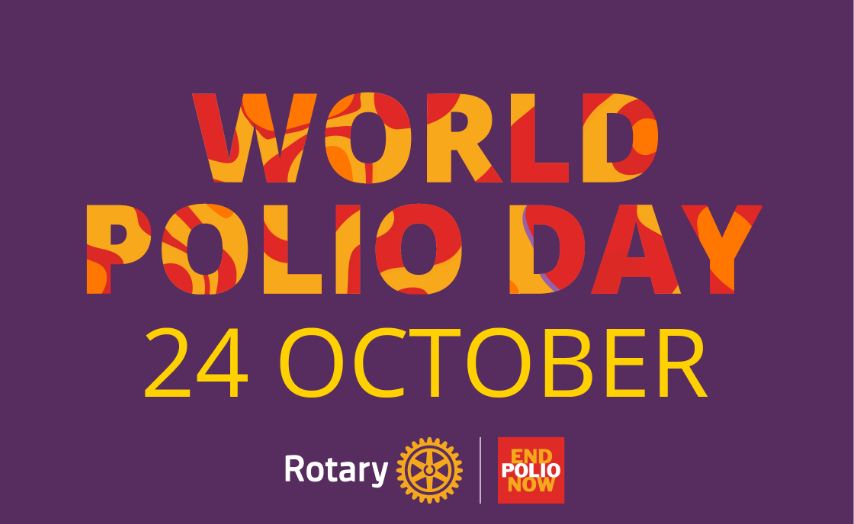October 24th marks World Polio Day, a day dedicated to raising awareness and acknowledging global efforts to eradicate poliomyelitis, commonly known as polio. Pakistan, one of the three remaining countries where polio remains endemic, has been at the forefront of combating this crippling disease. In this blog, we’ll delve into Pakistan’s unwavering efforts towards polio eradication.
The Polio Epidemic in Pakistan
Polio, a highly infectious disease caused by the poliovirus, can lead to paralysis, disability, and even death. In the 1980s, Pakistan reported over 20,000 polio cases annually. However, through concerted efforts, the country has made significant strides in reducing the incidence rate.
Government-Led Initiatives
1. National Emergency Action Plan: The government launched this plan in 2014 to intensify polio eradication efforts. The plan focuses on enhancing vaccination campaigns, improving surveillance, and strengthening health infrastructure.
2. Polio Vaccination Campaigns: Regular vaccination drives target children under five, aiming to immunize over 40 million. These campaigns are supplemented by health camps and outreach programs.
3. Health Infrastructure Strengthening: Upgrades to healthcare facilities and training for medical personnel ensure effective case management and reporting.
Partnerships and Collaborations
1. Global Partnerships: Pakistan collaborates with international organizations like the World Health Organization (WHO), UNICEF, and Rotary International to secure funding, expertise, and resources.
2. Community Engagement: Local leaders, influencers and organizations mobilize support, dispel misconceptions, and encourage vaccination acceptance.
Challenges Overcome
1. Security Concerns: Insecurity in conflict zones previously hindered vaccination efforts. Innovative strategies, such as negotiating temporary ceasefires and engaging local leaders, have helped mitigate these challenges.
2. Vaccine Misconceptions: Public awareness campaigns have addressed misconceptions about vaccine safety and efficacy.
Progress Achieved
1. Case Reduction: A significant decline in polio cases from 306 in 2014 to 12 in 2022 underscores Pakistan’s progress.
2. Improved Vaccination Coverage: Enhanced access to remote areas and increased acceptance have boosted vaccination rates.
The Way Forward
1. Sustained Efforts: Continued commitment to vaccination campaigns and surveillance is crucial.
2. Innovative Strategies: Leveraging technology for monitoring, outreach, and education can further bolster efforts.
3. Community Ownership: Empowering local communities to take ownership of polio eradication ensures long-term success.
In conclusion, Pakistan’s relentless efforts to combat polio demonstrate its unwavering commitment to protecting future generations. While challenges persist, the progress achieved so far is a testament to the power of collaborative action, innovation, and community engagement. On this World Polio Day, we celebrate Pakistan’s strides towards a polio-free future.
Sophia Siddiqui


Comments are closed, but trackbacks and pingbacks are open.